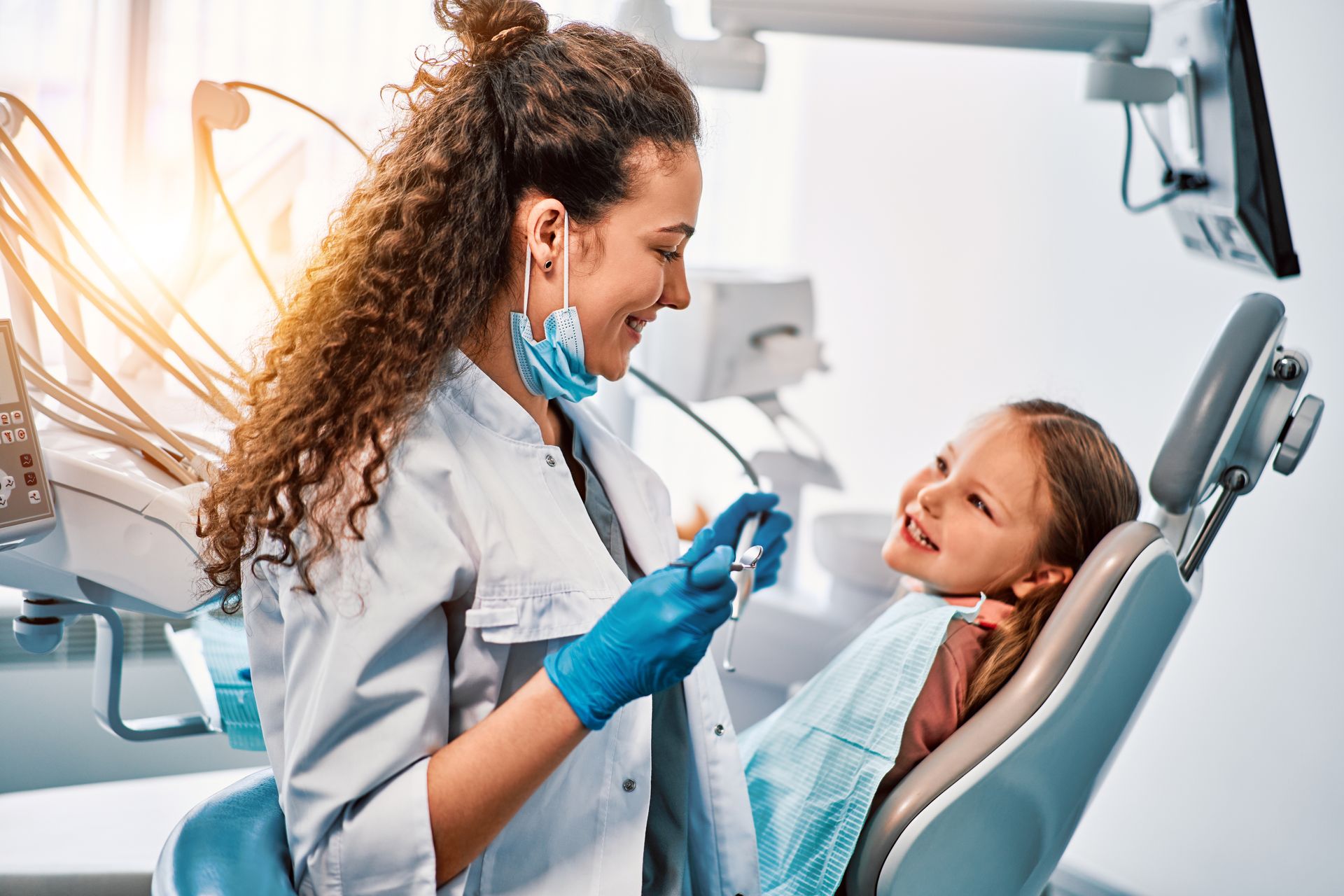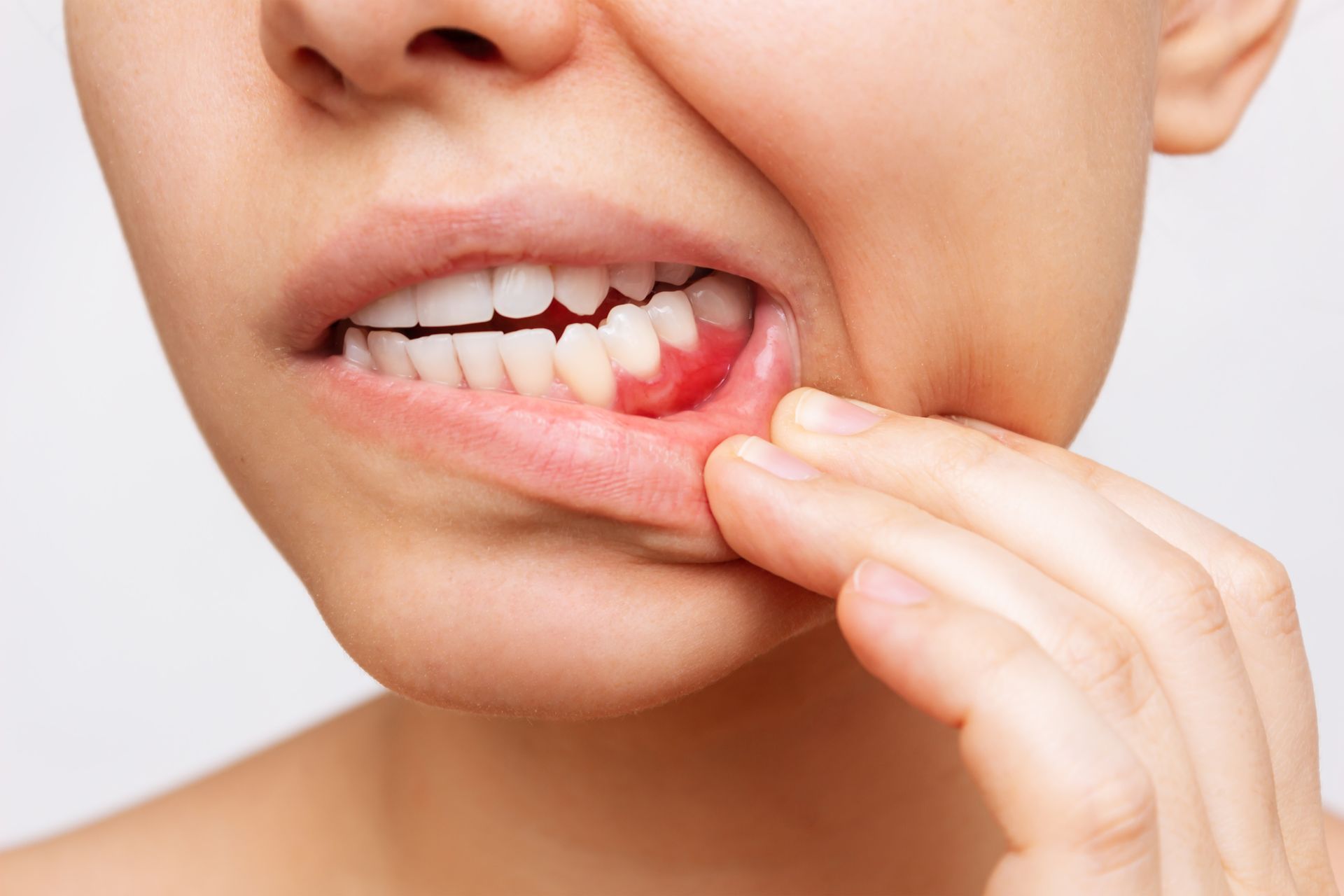What to Expect During Your First Dental Visit
Visiting the dentist for the first time can feel a bit daunting, but knowing what to expect can make the experience much easier. At Aria Dental of Annapolis, our goal is to provide gentle, family-oriented care to ensure you feel comfortable and well taken care of from the moment you walk through our doors. Whether you're bringing your child for their first visit or it's your own first appointment, understanding the process can help set your mind at ease.
Before your appointment, there are a few things you'll need to prepare. This includes filling out medical history and insurance forms, which help us understand your health background and coverage. Bringing your ID, insurance card, and any prior dental records will also streamline the process and ensure we have all the information we need.
Once you're at the office, you'll meet our friendly dental team. This includes the dentist and the dental hygienist, who will be with you throughout your visit. They'll introduce themselves, explain their roles, and let you know how they'll assist you. This initial interaction is key to building a trusting relationship and making sure you're relaxed throughout your visit.
Before Your Appointment: Preparing for Your Visit
Preparation is key to ensuring your first dental visit goes smoothly. One of the first steps is filling out medical history and insurance forms. These forms provide your dentist with important information about your health background, any current medications, and past dental issues. This helps us better understand your dental needs and tailor our care to you. Completing these forms accurately and thoroughly ensures your dentist is aware of any special considerations during your treatment.
Next, it’s important to know what to bring to your appointment. You'll need to bring a valid ID, your insurance card, and any dental records you might have from previous dentists. These documents help verify your identity and coverage, ensuring everything is in order for your visit. Having your dental records handy can also provide your new dentist with a comprehensive history of your oral health, saving time and avoiding the need for duplicate information.
Remember, being prepared not only makes the check-in process quicker but also helps your dentist give you the best possible care. Double-check your appointment time and arrive a little early to complete any last-minute paperwork and settle in before meeting the dental team.
Meeting the Dental Team: What to Expect
When you arrive for your first dental visit, you'll meet the professional and caring dental team at Aria Dental of Annapolis. Your initial contact will likely be with the receptionist, who will confirm your appointment and process any necessary paperwork. They will then introduce you to the dental hygienist and the dentist, who will be taking care of you during your visit.
The dental hygienist plays a crucial role in your oral health care. They will start by discussing your medical history and any dental concerns you may have. The hygienist will also explain the procedures they will be performing, like cleaning your teeth and taking X-rays. Their goal is to make you feel comfortable and informed throughout the process.
The dentist will then join you to conduct a comprehensive examination of your mouth. They will review your medical history, ask about any dental issues you're experiencing, and discuss your overall oral health. The dentist’s role is to diagnose any potential problems, develop a treatment plan, and provide you with tips on maintaining good oral hygiene.
Meeting the dental team is an essential part of your visit because it builds trust and ensures you feel comfortable during your appointment. Knowing who will be working with you and what their roles are can help alleviate any anxiety you might have about the visit.
The Initial Examination: Step-by-Step Guide
During your first dental visit, the initial examination is a crucial part of understanding your oral health. This exam starts with a thorough review of your medical and dental history to ensure all information is current and accurate. The dentist will then conduct a comprehensive oral exam, which includes checking your teeth, gums, and mouth for any signs of problems such as cavities, gum disease, or oral infections.
One of the essential parts of the initial examination is taking X-rays. These images are critical for spotting issues that can't be seen with a visual inspection alone, such as problems below the gum line or inside the teeth. X-rays help the dentist get a complete picture of your oral health, allowing them to identify potential issues early. The process is quick and painless, and your safety is ensured with modern equipment that uses minimal radiation.
With the combined information from the visual exam and X-rays, the dentist can make informed decisions about your dental care. This thorough examination sets the stage for maintaining and
improving your oral health through a personalized care plan.
Discussing Your Dental Health Plan
After completing the examination, the dentist will review the findings with you. They will explain the condition of your teeth and gums and point out any areas of concern. This discussion is an opportunity for you to ask questions and better understand your oral health. The dentist will also provide advice on how to improve your dental hygiene habits at home.
Next, the dentist will work with you to create a personalized treatment plan. This plan is tailored to your specific needs and may include procedures such as fillings, cleanings, or other necessary treatments. The dentist will outline the steps involved and give you an overview of what to expect during each procedure. They will also discuss the importance of routine check-ups to keep your mouth healthy.
Your dental health plan is designed to address current issues and prevent future problems. By following this plan, you can ensure that your teeth and gums remain healthy for years to come. The dentist will schedule follow-up appointments to monitor your progress and make any necessary adjustments to your care.
Conclusion
Understanding what to expect during your first dental visit can make the experience less stressful and more productive. From preparing for your appointment and meeting the dental team to undergoing the initial examination and discussing your health plan, each step is designed to ensure you receive the best possible care. At Aria Dental of Annapolis, we strive to provide a welcoming and comfortable environment for all our patients, helping you maintain excellent oral health.
If you're ready to schedule your first dental visit or have any questions about the process, don't hesitate to contact us. Let Aria Dental of Annapolis be your partner in achieving and maintaining a healthy smile. Call today to book your appointment with our
dentists in Annapolis and take the first step toward a bright dental future.


Share This Post


